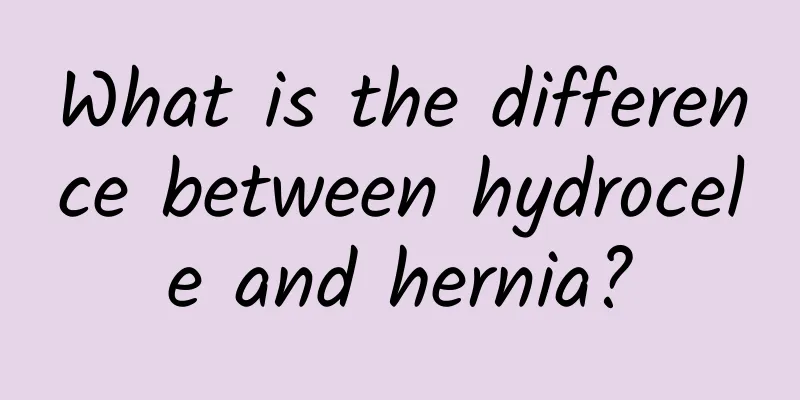What are Cardiomyocytes

|
Not many people have heard of cardiomyocytes. It is a technical term in medicine, so it is normal that you have not heard of it. Cardiomyocytes can actually be divided into two categories, one is ordinary cells, and the other is called specially differentiated cells. They also have their own contents, functions, values, etc. So what exactly are cardiomyocytes? Today I will give you a brief introduction on what cardiomyocytes are. Myocardial cells, also known as myocardial fibers, have striated muscles and are controlled by autonomic nerves. They are striated involuntary muscles and have the ability to contract when excited. It is short cylindrical with branches, and its nucleus is located in the center of the cell, and there is usually only one. The ends of each myocardial fiber branch can be connected to each other to form a muscle fiber network. In a broad sense, myocardial cells include specially differentiated myocardial cells that make up the sinoatrial node, intraatrial bundle, atrioventricular junction, atrioventricular bundle (i.e., His bundle) and Purkinje fibers, as well as general working cells of the atrial and ventricular muscles. Classification Based on their histological characteristics, electrophysiological properties and functional differences, they can be roughly divided into two major types. The two types of cardiomyocytes respectively realize certain functions and cooperate with each other to complete the overall activities of the heart. Cells at Work! One type is ordinary cardiomyocytes, including atrial muscle and ventricular muscle, which are rich in myofibrils and perform contraction functions, so they are also called working cells. Working cells cannot automatically produce rhythmic excitement, that is, they do not have automatic rhythmicity; but they are excitable and can become excited under external stimulation; they also have the ability to conduct excitement, but compared with the corresponding special conduction tissues, their conductivity is lower. Cardiomyocytes Autonomous cells The other type is some specially differentiated cardiomyocytes, which make up the special conduction system of the heart; they mainly include P cells and Purkinje cells. In addition to their excitability and conductivity, they also have the ability to automatically generate rhythm and excitement, so they are called autonomous cells. They contain very small or completely lacking myofibrils, so their contractile function has been basically lost. There is another type of cell located in the node area of a special conduction system, which has neither contractile function nor autonomy. Only very low conductivity is retained, and it is a non-autonomous cell in the conduction system. The special conduction system is the tissue in the heart that generates and transmits excitement, and plays a role in controlling the rhythmic activity of the heart. Structural features 1. Cardiac muscle cells are short columnar and generally have only one nucleus, whereas skeletal muscle fibers are multinucleated cells. There are intercalated disc structures between myocardial cells. The cell membranes there are concave and convex, and are specially differentiated to form desmosomes, which are tightly connected to each other, but there is no continuity of protoplasm between the cardiomyocytes. Myocardial tissue was once mistakenly believed to be a syncytium, but this was corrected when electron microscopy studies revealed distinct septa between myocardial cells. |
<<: How to prevent and treat myocardial ischemia
>>: What is internal fixation for lumbar disc herniation?
Recommend
Can I get pregnant with an ovarian cyst?
Ovarian cyst is a relatively common gynecological...
Precautions after bile duct drainage surgery
Biliary drainage is a common method for treating ...
Non-menstrual bleeding with abdominal pain
It is normal for women to bleed during their mens...
Cinnamon foot bath effects and functions
Cinnamon is a common Chinese medicine, and it is ...
How to treat facial nerve twitching
Facial nerve twitching is a symptom of muscle spa...
What to eat for low white blood cell count
Diseases are very harmful to human health. After ...
How many neurons does the brain have?
Neurons are important tissues in the human body a...
Anemic leukoplakia
Vitiligo is still a relatively common symptom now...
Chinese patent medicine for treating bronchitis
Chronic bronchitis sometimes flares up, causing d...
Can pregnant women eat black currants?
Many people like to eat black currants. This frui...
How to nourish your spirit
What is spirit? For example, some people stay up ...
Vulvar bleeding and pain
Vulvar bleeding and pain are mainly caused by vag...
Can I eat donkey-hide gelatin if I have low blood pressure? What should I pay attention to?
In addition to high blood pressure, low blood pre...
What medicine can cure flat warts?
Flat warts are a relatively common skin disease. ...
How long does it take for White Palace Madness to spread?
Vitiligo is a relatively common disease. The inci...









